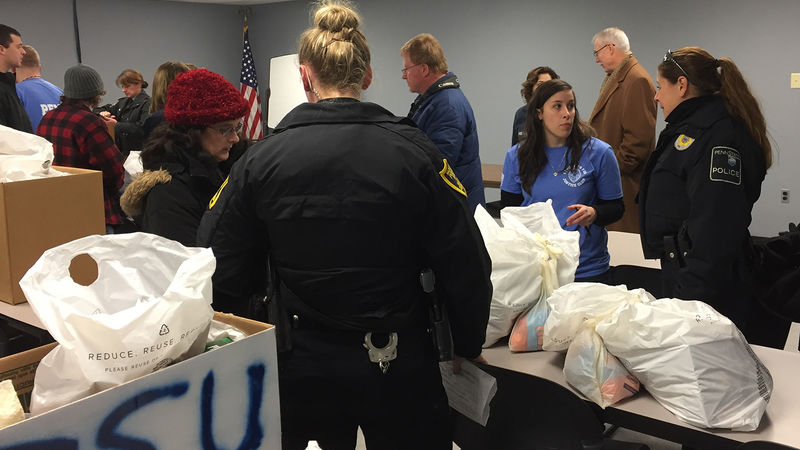Committed To Changing The Narrative
An end of semester service project turns into a larger stepping stone to further relations between the underserved and local law enforcement, giving students the chance to make a positive difference in their community.
By: Rachel Olszewski


